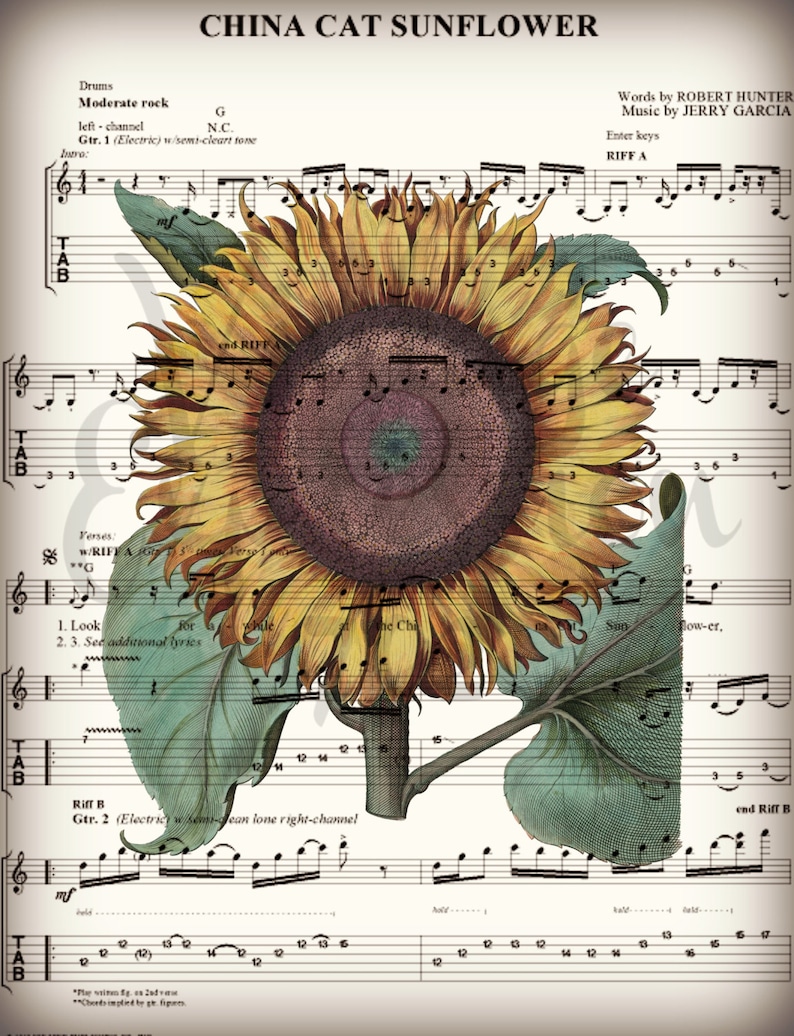

The names Audran or Lecoq are largely unknown, despite their having been very popular in this country at the end of the nineteenth century. But this extensive body of works from the last quarter of the nineteenth-century is infrequently performed, and, apart from the occasional aria heard on an inventively programmed recital, the repertory today is heard about more than it is heard. Many may know one or two operettas by Offenbach - La Perichole, perhaps, or La belle Helene and a large number of melodies from various of his works collected for the ballet Gaite parisienne. »Ĭhances are the world of opera bouffe is somewhat foreign to most listeners. So I suppose it was only a matter of time until an arranger came up with an orchestral version of the score to satisfy pop concert audiences and other aficionados of the score. Its unabashed romanticism, despite its occasional descent into bathos, has endeared it to millions, many of who see it again and again and continue to be moved by it. (I am reminded of David Letterman’s comment, made with mock horror, “What if it really is ‘now and forever’?”) Phantom, as it is known both with and without affection, is perhaps Lloyd Webber’s most “traditional” show: it has far more book scenes than his earlier, concept-album-as-musical shows, although the latter, including Jesus Christ Superstar and Evita, are tremendously and, arguably, more effective it recalls operetta despite its pop-heavy score and it is based on a novel that is already known through incarnations on stage and screen. Probably the best thing that can be said about Sir Andrew Lloyd Webber, Richard Stilgoe, and Charles Hart’s The Phantom of the Opera becoming the longest running Broadway musical, which it almost certainly will, is that it will take that honor away from Cats. I cannot cast out the old way of writing and I cannot acquire the new.” » In a 1939 interview he gave for the Musical Courier, Rachmaninov said, “I felt like a ghost wandering in a world grown alien. Even Rachmaninov acknowledged feeling lost amid the music of most other twentieth-century composers.

enormous popular success…is not likely to last,…” In general, critics dismissed his musical language as outmoded, as being far from the mainstream of twentieth-century musical styles-indeed, most considered his works as anachronisms, composed by a man whose style had not left the late nineteenth century. In the fifth edition of Grove’s Dictionary of Music and Musicians, Eric Blom wrote dismissively: “…as a composer can hardly be said to have belonged to his time at all,…His music is well constructed and effective, but monotonous in texture, which consists in essence mainly of artificial and gushing tunes…. Critical assessment of his abilities as composer, however, was harsh. Thanks Bobby and Phil for picking up the pieces and moving on begrudgingly, yet so, so brilliantly.Sergei Rachmaninov established his reputation early in his career as one of the twentieth- century’s foremost pianists and conductors.

Other than my old '70's shows, or the late '60's early '70's, I'm just looking to turn you on to points where there was more, absolute Peace and Harmony with the Band and her Music. Otherwise check out Albany '90 or Hampton '86 '87'88'89. For those of you catching these shows for the first or near first times, check out '87'88'89 Philly shows and, 7/10/89 at JFK in Philly. This setlist goes down in Grateful Dead history. The band had it with Jerry to the point where they were forced to focus on putting on the show themselves, much without Jerry. Not to take away from someone else's experience, as they should be treasured as my own. These '95 shows didn't do it for me as the mid to late 80's Spectrum shows. Always, existed an exchange of energies, however, when it climaxes to the boiling point where the Music Plays the Band, that's, when time is actually altered, traveled if you will.

These special venues evolved through multi-factorial spectacles. Yes, it's true, Jerry and the guys Loved this place.


 0 kommentar(er)
0 kommentar(er)
